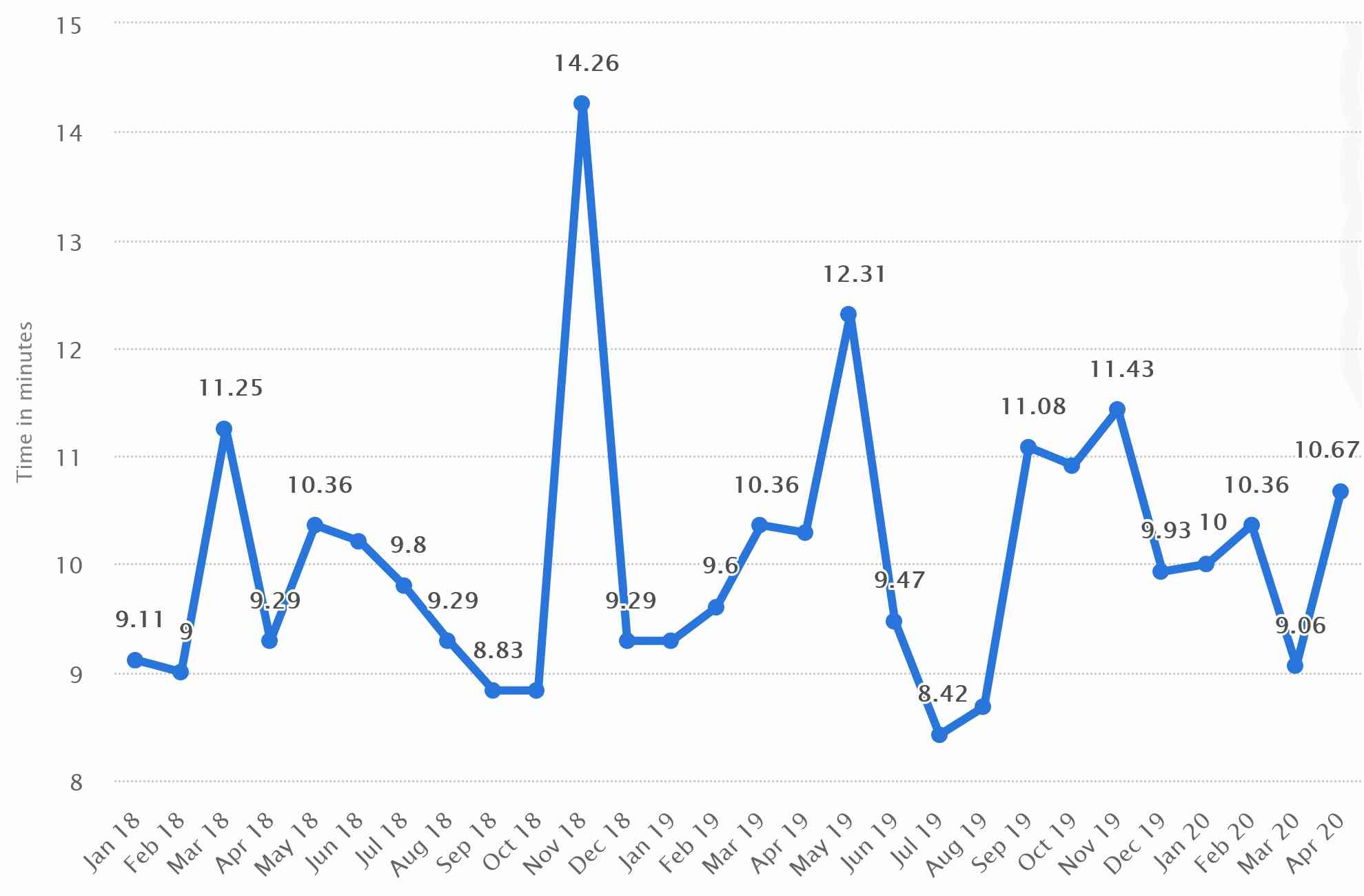How Long Do Bitcoin Transactions Take?
Key Takeaways
- In most cases, Bitcoin transactions need 1 to 1.5 hours to complete.
- Bitcoin transactions will usually be confirmed with one confirmation within 10 minutes.
- If several hours have passed without your Bitcoin transaction being confirmed, just wait.
How Long Do BTC Transactions Take?
- How Long Do BTC Transactions Take?
- How Long Does It Take to Transfer Bitcoin in Between Wallets?
- Recent Developments on Scaling
- Why Was 10 Minutes Picked as the Block Time?
- Why Is My Bitcoin Transaction Taking So Long?
- Conclusion
Bitcoin transactions will usually get 1 confirmation within 10 minutes.
If you sent too low of a fee, it could be longer than 10 minutes.
- If several hours have passed without your Bitcoin transaction being confirmed, just wait.
- If more than 72 hours have gone by without confirmation, resend your transaction.
In general, Bitcoin transactions will be confirmed between 10 minutes and over a day later.
The two biggest influences on the confirmation time are the amount of transaction fees and the activity on the network.
On average, a confirmation will take about an 10 minutes, however some merchants require many confirmations before they consider the money sent.

How Long Does It Take to Transfer Bitcoin in Between Wallets?
The amount of time it takes to transfer between wallets will vary with each transaction.
Each Bitcoin transaction needs to be network-approved before completion.
The standard set by the Bitcoin community is six transfer confirmations before it is complete. Each confirmation can be expected to take about 10 minutes, thus getting an average of one transaction per hour.
For most transactions, one confirmation is enough to know that the transaction went through.
Transactions are prioritized by miners according to the fee they receive when confirming them.
If you pay a higher fee, you are more likely to secure a miner to process it, therefore decreasing the processing time.
Recent Developments on Scaling
The Bitcoin community is a bit divided on how best to handle the issues with scaling. Some, mainly Bitcoin Cash fans, believe a larger block size is the solution. This would allow for more transactions per block.
There is also some debate about such improvements as Lightning Network and Segregated Witness (SegWit), specifically their potential to increase network speed without increasing block sizes.

Why Was 10 Minutes Picked as the Block Time?
Satoshi Nakamoto, the creator of Bitcoin, chose 10 minutes as the block time with efficiency in mind.
Satoshi felt 10 minutes was a good balance between speed, but also giving time for the network to see the new block.
If blocks were to be faster than 10 minutes, more miners would waste their verification work.
Why Is My Bitcoin Transaction Taking So Long?
Bitcoin is sometimes experiencing spikes in network traffic because of the higher demand for transactions.
If your transaction is stuck, the best thing to do is wait.
If you need the transaction sent urgently and want to speed things up, try RBF.
Conclusion
On average, a Bitcoin transaction will take around an hour to complete. However, this figure can easily increase to over a day, depending on the network congestion.
You can reduce the time it takes for your transaction by paying a higher miner fee or choosing to conduct your transactions when the network is experiencing less congestion.
As a bonus, times with less congestion tend to result in lower transaction fees.